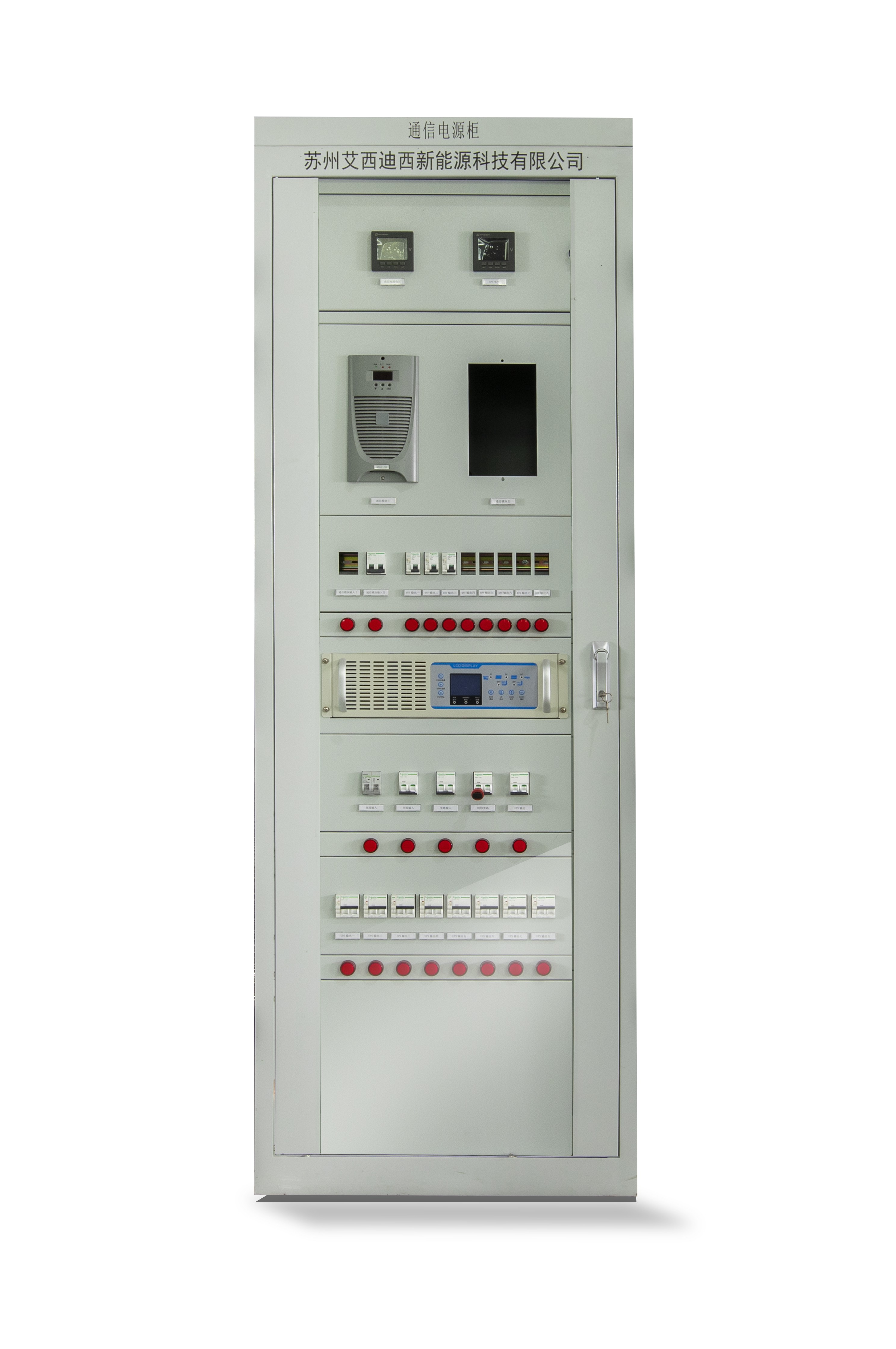
Dec . 07, 2024 11:57 Back to list
CE Certification for Domestic Energy Storage Solutions and Systems
CE Certification for Household Energy Storage Systems
As the awareness of climate change and energy sustainability continues to rise, household energy storage systems have become increasingly popular. These systems allow homeowners to store energy generated from renewable sources, such as solar panels, for later use. However, to ensure safety, efficiency, and performance, it is crucial that these systems are certified according to relevant standards. One of the most recognized certifications in Europe is the CE certification, which stands for Conformité Européenne or European Conformity. This article explores the importance of CE certification for household energy storage systems, the requirements involved, and the benefits it brings to consumers and manufacturers alike.
What is CE Certification?
CE certification is a mark that signifies that a product meets the European Union’s health, safety, and environmental protection standards. It is mandatory for various products within the EU, including electrical appliances and storage systems, to demonstrate that they are safe for consumers and compliant with all relevant regulations. The CE marking indicates that the manufacturer has met the compliance regulations and has undergone the necessary testing before placing their product on the market.
Importance of CE Certification for Energy Storage Systems
1. Safety Assurance Household energy storage systems are complex devices that store significant amounts of energy. If not designed and manufactured properly, they pose various risks, including fire hazards, electrical shocks, and chemical leaks. CE certification ensures that these products have undergone rigorous testing for safety and comply with environmental directives.
2. Quality and Reliability CE mark indicates that a product meets European standards concerning quality and performance. Customers can trust that their energy storage systems will operate efficiently and reliably, thus maximizing the benefits of their renewable energy investments.
3. Market Access For manufacturers wishing to sell their products within the European market, CE certification is mandatory. It provides access to a vast market, as many retailers and consumers prioritize products with CE certification.
4. Regulatory Compliance Energy storage systems must comply with various EU directives, including Low Voltage Directive (LVD), Electromagnetic Compatibility (EMC) Directive, and the Eco-Design Directive. CE certification indicates conformity with these regulatory standards, which are designed to ensure not only safety and performance but also environmental sustainability.
Requirements for CE Certification
ce certification household energy storage system

Obtaining CE certification for household energy storage systems involves several steps
1. Product Testing The first phase includes testing the product according to applicable EU standards. This may include electrical safety tests, performance tests, and environmental impact assessments.
2. Technical Documentation Manufacturers must prepare technical documentation that demonstrates how their energy storage system complies with relevant standards. This documentation typically includes design specifications, risk assessments, and test results.
3. Declaration of Conformity Once a product has passed all necessary tests, the manufacturer must issue a Declaration of Conformity, which states that the product meets all relevant EU directives.
4. Ongoing Compliance After certification, manufacturers must ensure that their production processes maintain the standards set forth during testing. Regular assessments may be required to ensure ongoing compliance with EU regulations.
Benefits of CE Certification for Consumers
For consumers, purchasing a CE-certified household energy storage system means investing in a product that adheres to strict safety and performance standards. It assures them of quality and reliability, reducing the risk of failures that could compromise their energy savings and safety. Additionally, CE certification enhances transparency in the marketplace, allowing consumers to make informed choices.
Conclusion
In conclusion, CE certification plays a vital role in the development and distribution of household energy storage systems. It assures safety, quality, and regulatory compliance, benefiting both consumers and manufacturers. As we move towards a more sustainable energy future, the importance of CE certification in ensuring the integrity of energy storage solutions cannot be overstated. With this certification in place, consumers can confidently embrace energy storage technologies, knowing they are contributing positively towards energy sustainability and a greener planet.
-
AI-Powered EMS with GPT-4-Turbo | Efficiency Boost
NewsAug.01,2025
-
Optimized Storage System for GPT-4-Turbo | High Performance
NewsJul.31,2025
-
AI Energy Management System w/ GPT-4 Turbo Efficiency
NewsJul.31,2025
-
High-Performance Energy Storage System for Reliable Power Solutions
NewsJul.30,2025
-
Advanced EMS Solutions for Energy Management System & Storage Battery Companies
NewsJul.29,2025
-
Intelligent Energy Management for Homes - Efficient Storage Solutions
NewsJul.29,2025























